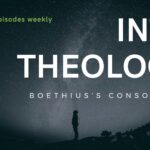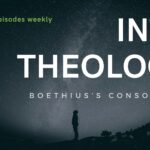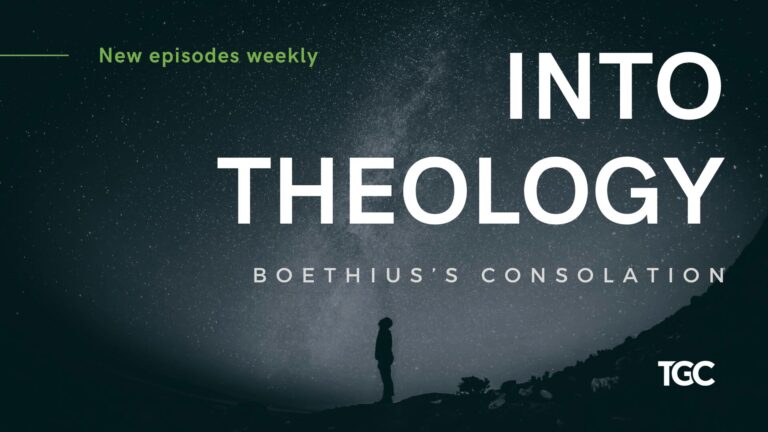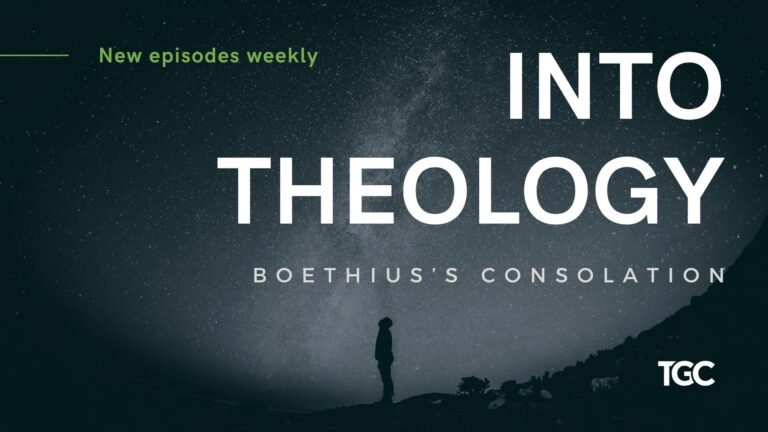Unite around the Gospel or be in danger of separating over secondary issues tomorrow. That, I think, seems like an obvious truth. But subtly over the past years, we have slowly and at times suddenly moved the goalposts for unity.
Now, we don’t just demand tolerance to remain united, but we in fact require others to affirm and promote our every opinion. And if they don’t, we view them as betrayers to our cause. Such a view, I think, betrays a serious lack of understanding of the Gospel.
There may be practical reasons why we work more with some people than others. But even if we only have a passing relationship with another Christian, we still have the Gospel in common.
It is this Gospel of Jesus Christ that provides the basis and the ethical stance that makes unity possible.
Rule of Faith
Christian unity centres on the Gospel. This basic idea existed as early as the first century in the New Testament itself. The disciples of the apostles cemented this idea through the idea of the rule of faith. That rule or canon summed up Christianity under the rubric of Father, Son, and Holy Spirit.
Later, it became formalized in what we call the Nicene Creed (AD 325 and 381). There, we see the Father of creation who sends the Son. The Son who is sent and redeems. The Spirit who gives life and who (by implication) forms the church.
Full of Scripture and meditation on its meaning, the rule of faith or Nicene Creed organizes Christianity around the Gospel of God.
Scripture itself narrates the Gospel in these terms: “For God so loved the world, that he gave his only Son, that whoever believes in him should not perish but have eternal life” (John 3:16) and “having received from the Father the promise of the Holy Spirit, he has poured out this that you yourselves are seeing and hearing”(Acts 2:33).
The death, burial, and resurrection of Jesus Christ stand at the climactic centre of God’s good plan for humanity. The Father sent the Son for this purpose. And the Spirit applies the benefits of the cross and resurrection to the people of God through union with Christ.
Not Politics
“For I decided to know nothing among you except Jesus Christ and him crucified,” wrote Paul (1 Cor 2:2). He was responding to division in Corinth over baptism: “For Christ did not send me to baptize but to preach the gospel” (1 Cor 1:17).
It is evident that Christ and him crucified stand in place as the centre of the Good News, but Paul also will later include the resurrection and burial in his Gospel (1 Cor 15). The point is that Christ, sent of the Father and Giver of the promised Spirit, is Paul’s Gospel. Who and what Christ is and has done sum up the Good News.
In a good desire to pursue justice, however, many Christians have unintentionally obscured the central message of preaching Christ for political or social ends. It is true that Christ himself transfigures us so that we become the light of the world. We are the salt of the earth. So social transformation and good works irreducibly follow from genuine faith (Eph 2:10).
The danger comes in substituting the message of the cross with the gospel of glory, of our power and our rights. We want to press and pull for our political aspirations, dividing over the merest of political differences, while all the while gainsaying our unity in the Gospel.
But Christ
The word of Christ tells us there is “one Lord, one faith, one baptism” (Eph 4:6). He does not say one political affiliation or social project or any such thing. Were we baptized into the New Democratic Party? Into Libertarianism? Into forms of social welfare? No, but into Christ which means that Christ alone, our Head, unites us.
We are the body of Christ. That is how Scripture defines the church: “Christ is the head of the church, his body” (Eph 5:23). Where the head turns, so do we.
And Christ left us with a message that supersedes (in order of ultimate importance) all good and natural aspirations. He left us with the Gospel to proclaim. And the Gospel names our unity by our union into one body. The Good News also drives out feelings of entitlement out of us since what do we have which we have not been given (1 Cor 4:7)?
Life is gift from Giver. And such an appraisal of our life should make us avoid division over the mundane things of life. The Gospel has the power of God.
It is here that we find our real unity as the body of Christ; it is here where we find the ethical ground, our emptying of self, which allows us to unite despite personal grievances whether real or imagined.
I’ll pray that the Gospel spreads across Canada. Will you join me? I encourage you to do the same.












